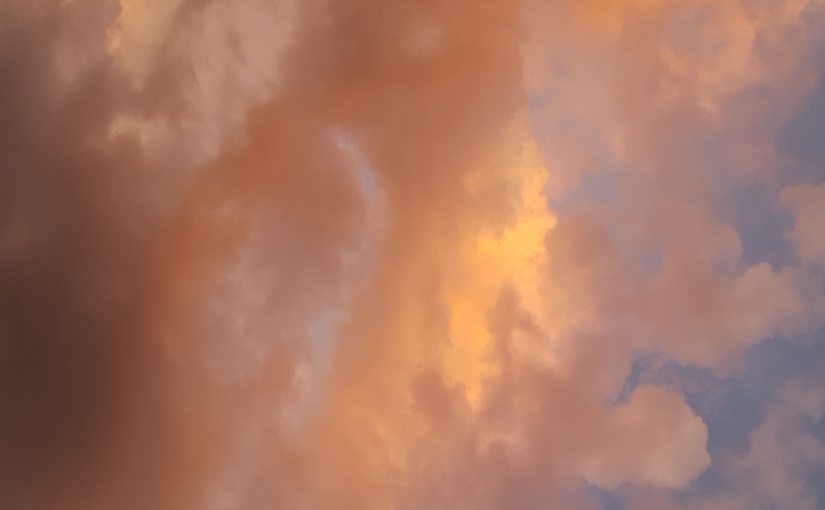Modern bookshops sometimes seem inundated by literature that, for want of a better term, concerns itself with soul – the inner life of beliefs, attitudes, feelings, struggles and so forth. As if there’s been this void created by the fairly recent rejection of both belief and tradition; all of us now left to drift unaccompanied and undirected within life’s ocean.
A void into which is poured this tidal wave of advice, theories and strategies for making the best of a modern life (Notes One). Instead of moral authorities and wise leaders we have this wealth of self-help conversations promising to tell us all we need to know. It’s fascinating, really, how deconstructed our sense of meaning has become.
We might choose to listen to those sharing their life story as a case study, a body of material from which they’re drawing lessons we may find helpfully universal. We might listen to the “experts” who’ve distilled all they’ve learnt through life into a basic philosophy, way of thinking or set of labels for dealing with things.
Maybe it’s all about perspective? Finding ways of looking at life that “fit” and seem capable of matching up to modern society’s slightly crazy realities. Aren’t we asking, “What should I think about all this? How should I respond?” It’s like we’re seeking helpful thoughts – some cobbled-together worldview able to encompass everything in a meaningful, constructive way (Notes Two)
Because – between the economic realities forever telling us we’re not good enough and the cultural ones feeding us unrealistic expectations or interpretations of “life” – where are we to find attitudes that nurture the soul? What “is” the best picture of humanity, society and the purpose of our lives? Is there a perspective comprehensive enough to accommodate us all?
Taking culture to be the place we’re talking about life, assigning meaning within complex social realities, and imagining ways of being that might prove helpful in navigating this world, what are we being offered and which options are we taking onboard? That seems one way of looking at this: reflections on life that we’re choosing to accept and work with inwardly (Notes Three).
So, how does “the soul” – that space of perception, meaning, feeling, thought and decision – live these days? What recognition and respect are afforded to the inner life as we’re making our way through reality? How well are our lives framed by modern culture – what kind of ideas is human life being surrounded and informed by within this increasingly frenetic, lurching global conversation?
It’s philosophical, but where “can” we stand in understanding and responding to life? How much are we focussing on superficial, ephemeral realities destined by their very nature to pass and fade? Historically, traditions have discouraged people from trying to create permanency out of the physical; perhaps what we’re struggling with now – in our undeniably materialistic world – is effectively the same?
Trying to make sense of our place in life and what it all might mean, though, is quite a beautiful aspect of being human.
Notes and References:
Note 1: Spiritually committed literature
Note 1: “Brave New World Revisited”
Note 1: “The Measure of a Man”
Note 1: “Women who run with the wolves”
Note 1: “Living Beautifully” by Pema Chödrön
Note 1: “The Obstacle is the Way”
Note 1: Matt Haig’s “Notes on a Nervous Planet”
Note 1: Krishnamurti’s “Inward Revolution”
Note 1: The idea of self reliance
Note 1: Podcasts as models of transformation
Note 1: Ideas of agreement & mastery
Note 2: The sense of having a worldview
Note 2: Complication of being human
Note 2: Mastering life’s invisible realities
Note 3: Culture as a conversation across time
Note 3: Stories that bind us
Note 3: Emotion and culture’s realities

